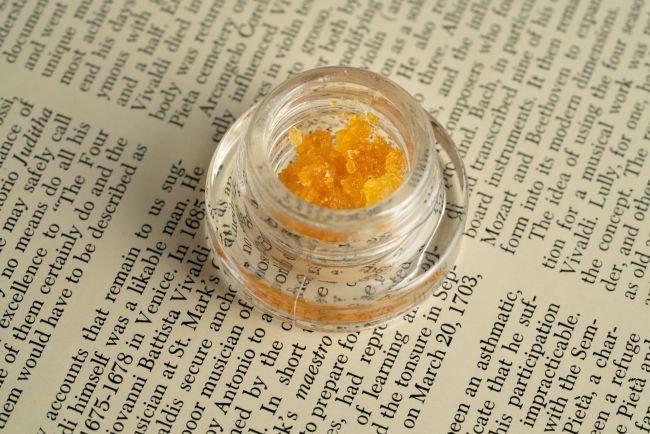Anomalous Material
Content based on Extensive ResearchBlog Archives
Exploring the Benefits of Cannabis for Neurological Disorders
Monday , 6, May 2024 Wellness Comments Off on Exploring the Benefits of Cannabis for Neurological DisordersIn recent years, there has been growing interest in the potential therapeutic benefits of cannabis for a wide range of neurological disorders. From epilepsy and multiple sclerosis to Parkinson’s disease and Alzheimer’s, emerging research suggests that weed may offer valuable relief and management for individuals living with these conditions. As scientists and medical professionals continue to explore the complex relationship between cannabis and neurological health, it’s essential to understand the potential benefits and considerations associated with its use.
Epilepsy
One of the most well-documented benefits of cannabis for neurological disorders is its ability to alleviate symptoms associated with epilepsy. Epidiolex, a pharmaceutical-grade CBD medication derived from cannabis, has been approved by the FDA for the treatment of certain types of seizures associated with Lennox-Gastaut syndrome and Dravet syndrome. Studies have shown that CBD, a non-psychoactive compound found in cannabis, can reduce the frequency and severity of seizures in individuals with treatment-resistant epilepsy, offering hope for those who have not responded to conventional treatments.

Multiple Sclerosis
In addition to epilepsy, weed has shown promise in managing symptoms of multiple sclerosis (MS), a chronic autoimmune disease that affects the central nervous system. Research suggests that cannabis-derived compounds such as THC and CBD may help alleviate muscle spasticity, pain, and bladder dysfunction commonly experienced by individuals with MS. Furthermore, some studies indicate that marijuana may have neuroprotective properties, potentially slowing the progression of MS and reducing inflammation in the brain and spinal cord.
Parkinson’s
Cannabis has also been explored as a potential treatment for Parkinson’s disease, a progressive neurological disorder characterized by tremors, stiffness, and impaired motor function. While research in this area is still in its early stages, some studies suggest that cannabis-derived compounds may help alleviate motor symptoms and improve quality of life for individuals with Parkinson’s. Additionally, anecdotal evidence from patients and caregivers suggests that it may help alleviate non-motor symptoms such as sleep disturbances, anxiety, and depression commonly associated with the disease.
What Studies Say
Furthermore, emerging research indicates that marijuana may hold promise for the treatment of Alzheimer’s disease and other neurodegenerative conditions. Studies have shown that cannabis-derived compounds such as THC and CBD may help reduce inflammation, protect against oxidative stress, and promote neurogenesis (the formation of new neurons) in the brain. While more research is needed to fully understand the mechanisms underlying these effects, the potential therapeutic benefits of weed for Alzheimer’s disease offer hope for millions of individuals and families affected by this devastating condition.
Caution and Considerations
However, despite the promising potential of cannabis for neurological disorders, it’s essential to approach its use with caution and consideration of potential risks and side effects. Like any medication or treatment, weed may not be suitable for everyone, and its effects can vary depending on factors such as dosage, strain, product type, and individual physiology. Additionally, its use may be associated with side effects such as dizziness, fatigue, dry mouth, and cognitive impairment, particularly at higher doses or in inexperienced users.
Final Thoughts
Cannabis holds significant promise as a therapeutic option for individuals living with neurological disorders such as epilepsy, multiple sclerosis, Parkinson’s disease, and Alzheimer’s. From reducing seizures and muscle spasticity to alleviating pain and inflammation, these compounds offer hope for improved symptom management and quality of life for patients and caregivers alike. However, further research is needed to fully understand the mechanisms underlying the therapeutic effects of weed and to identify optimal dosages and formulations for specific neurological conditions.…